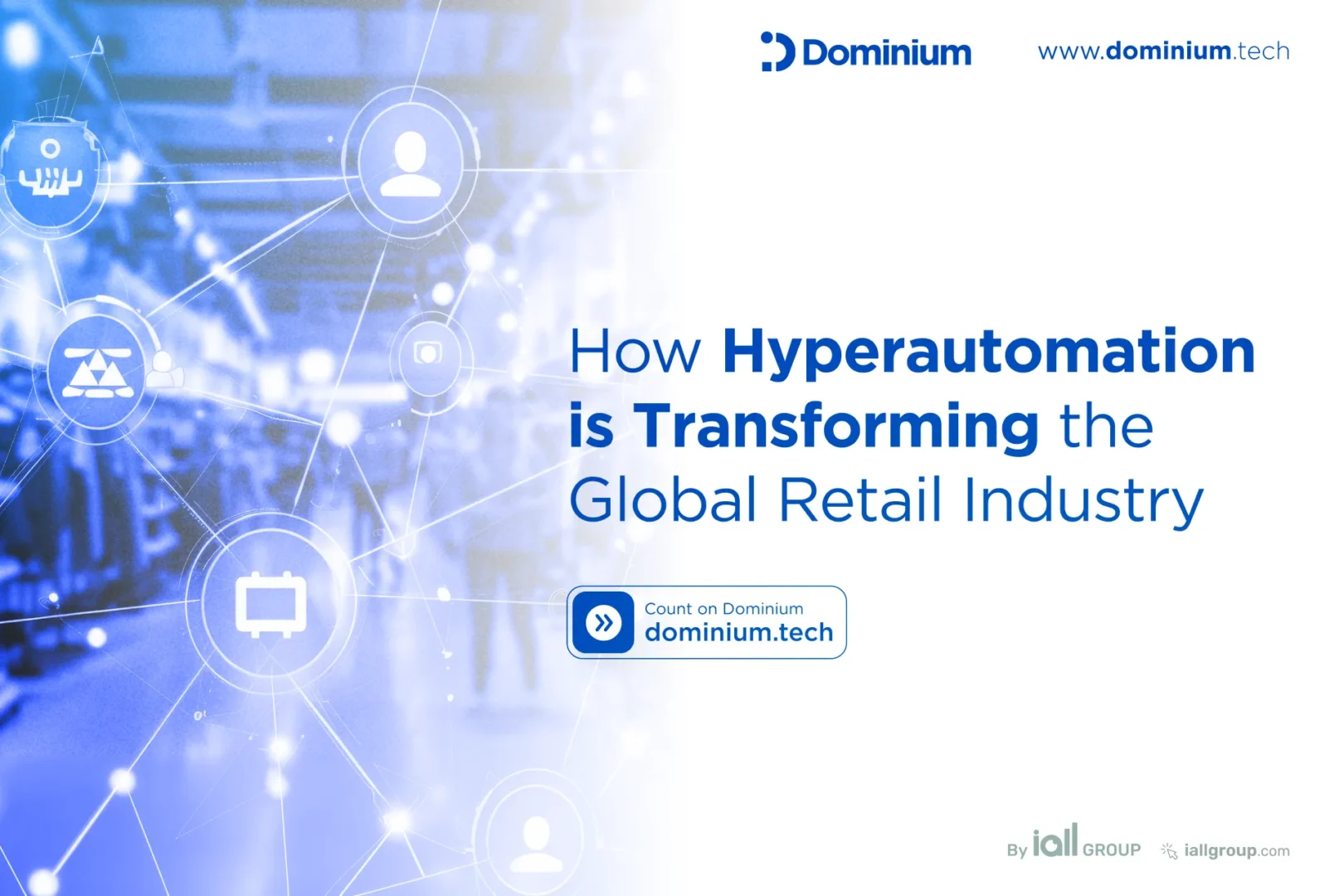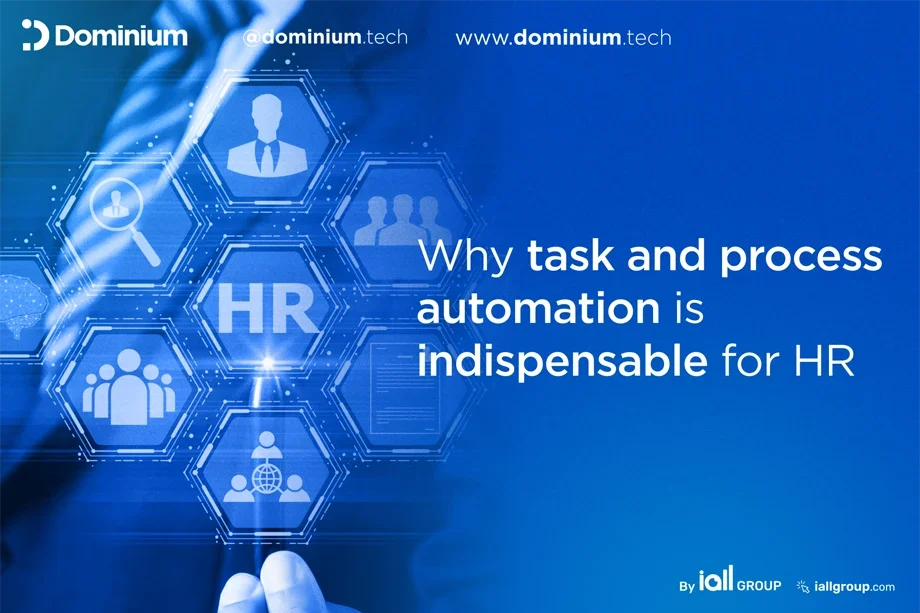The global retail industry is undergoing a significant transformation, driven by technological advancements such as hyperautomation. Hyperautomation combines artificial intelligence (AI), machine learning (ML), and automation technologies to streamline processes, reduce costs, and improve overall efficiency. In Florida, where the retail industry is highly competitive, hyperautomation is becoming a game-changer. This article delves into how hyperautomation is revolutionizing the retail sector.
1. What is Hyperautomation?
Hyperautomation refers to the use of advanced technologies, including AI, ML, robotic process automation (RPA), and business process management (BPM), to automate complex business processes. In the retail industry, this means automating everything from inventory management to customer service and marketing.
Unlike traditional automation, which focuses on repetitive tasks, hyperautomation enables retailers to automate more sophisticated processes that require cognitive decision-making. This leads to higher productivity, reduced operational costs, and improved customer experiences.
2. Improving Supply Chain Management
One of the most significant impacts of hyperautomation in retail is on supply chain management. By automating processes like demand forecasting, order fulfillment, and logistics management, retailers can reduce lead times and minimize errors.
For example, AI-powered demand forecasting tools can analyze data from multiple sources, such as sales trends, market conditions, and even weather forecasts, to predict future demand accurately. This allows retailers to optimize their supply chain operations, ensuring that they have the right products available at the right time.
3. Enhancing Customer Service with AI and Chatbots
Customer service is another area where hyperautomation is making a big impact. In Florida’s retail sector, where customer expectations are high, AI-powered chatbots and virtual assistants are being used to provide 24/7 customer support.
These AI-driven systems can handle a wide range of customer inquiries, from answering product questions to processing returns and exchanges. By automating these processes, retailers can reduce response times, improve customer satisfaction, and free up human agents to focus on more complex tasks.
4. Personalized Shopping Experiences
Hyperautomation enables retailers to create highly personalized shopping experiences for their customers. By analyzing customer data, AI-powered systems can recommend products, tailor promotions, and even adjust pricing based on individual preferences.
For example, a customer shopping in a Florida retail store may receive personalized discounts based on their purchase history and shopping behavior. This level of personalization not only enhances the customer experience but also increases customer loyalty and drives repeat purchases.
5. Streamlining Back-Office Operations
In addition to front-end operations, hyperautomation is also transforming back-office functions such as finance, HR, and procurement. Automated systems can handle tasks like invoice processing, payroll management, and supplier negotiations, reducing the need for manual intervention.
By streamlining these operations, retailers can save time and money, allowing them to focus on more strategic initiatives. This is especially important in Florida’s competitive retail market, where operational efficiency is key to staying ahead of the competition.



